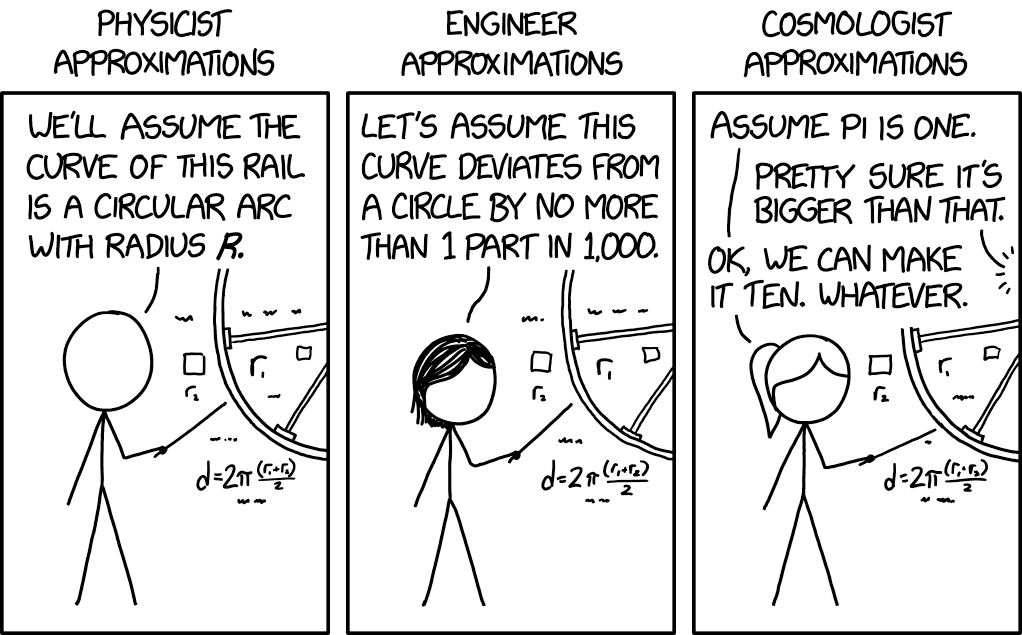Biomedical Technologies: Philosophical and Ethical Issues (2021-2022, 2022-2023, 2023-2024, Politecnico di Milano)
Bioethics, part of course Professionalism, Bioethics and History of Medicine (2023-2024, Humanitas University)
The Philosophy of Scientific Change (2020-2021, Leibniz Universität Hannover)
Philosophy of Medicine (2019-2020, Leibniz Universität Hannover)
Models in the Life and Social Sciences (with Simon Lohse, 2019-2020, Leibniz Universität Hannover)
Philosophy of Information (2016-2017, Leibniz Universität Hannover)
- The course discusses philosophical and ethical issues connected to the use of technology in biomedical research and clinical care. The first part of the course will be focused on distinguishing and classifying health and disease. We will then focus on the role of values in biomedical technology. The course will end with a special focus, where we’ll rely on work from the first two parts to discuss a specific type of technology. Teaching and discussions in class will combine the analysis of concrete issues and cases from biomedical research with philosophical work on their epistemic (knowledge-related), ethical, and social dimensions. In these ways, the course aims to provide understanding of key concepts and topics in the philosophy and ethics of medicine and practice of critical and analytical skills.
- Format: lectures with slides and plenary discussions, followed by seminars with group activities, see most recent syllabus here.
- MSc in Biomedical, Physics, Mathematics, Electronics, Nuclear Engineers at Politecnico di Milano.
Bioethics, part of course Professionalism, Bioethics and History of Medicine (2023-2024, Humanitas University)
- The course discusses philosophical and ethical issues connected to the use of technology in biomedical research and clinical care. The first part of the course will be focused on distinguishing and classifying health and disease. We will then focus on the role of values in biomedical technology. The course will end with a special focus, where we’ll rely on work from the first two parts to discuss a specific type of technology. Teaching and discussions in class will combine the analysis of concrete issues and cases from biomedical research with philosophical work on their epistemic (knowledge-related), ethical, and social dimensions. In these ways, the course aims to provide understanding of key concepts and topics in the philosophy and ethics of medicine and practice of critical and analytical skills.
- Format: lectures with slides and plenary discussions, see syllabus here.
- MSc programmes in Medicine and Biomedical Engineering at Humanitas University.
The Philosophy of Scientific Change (2020-2021, Leibniz Universität Hannover)
- Course description: Scientific change has been one of the main topics in philosophy of science from the dawn of the discipline. Discussions on change have been connected to several other issues and topics of philosophy of science, including progress, discovery and realism and have interacted with research in the history and sociology of science. At the same time, change is constantly at the centre of attention in various areas of our societies, from the arts to technology, from fashion to the economy and media. In this seminar, we will be looking at essential readings in the philosophy of scientific change, starting from seminal work by Thomas Kuhn, then analysing critiques and expansions by his contemporaries and finally discussing more recent discussions of change in current scientific research.
- Format: close reading and group discussions in synchronous online classes, see syllabus here.
- BA and MA programmes in Philosophy, Political Science, Sociology at Leibniz Universität Hannover.
Philosophy of Medicine (2019-2020, Leibniz Universität Hannover)
- Course description: What kind of knowledge is medical knowledge? How should we define health and disease, and does it matter? What is the evidential basis of biomedical research? How should we manage the role of values and judgements in biomedical research? How should we measure pandemics and react to them? In this seminar, we will discuss these and other questions and issues in the context of philosophy of medicine. We will be looking at recent work by philosophers, engage with cases from medical research and discuss current issues we are dealing with. In particular, the seminar will be structured around a crucial question for philosophy of medicine, that we will try to answer in a collaborative way: what is philosophy of medicine?
- Format: video recordings of lectures and asynchronous activities including writing assignments, forum discussions and group work, see syllabus here.
- MA programme in Philosophy of Science at Leibniz Universität Hannover.
Models in the Life and Social Sciences (with Simon Lohse, 2019-2020, Leibniz Universität Hannover)
- Course description: Models can play various roles in these areas of research. They are used as means to explore, explain and predict certain phenomena, to test scientific hypotheses, and they can also be important for the establishment of research communities. Unsurprisingly, these and related (socio-)epistemic roles of scientific modelling practices are increasingly discussed in contemporary philosophy of science. Questions to be discussed in the seminar include, but are not limited to, the following: To what extent do models in the life and social sciences represent reality? What other epistemic functions (e.g. discovery, exploration) can and do modelling practices have? Are biomedical animal models predictive for humans? What role do idealisations play in theoretical economic models? What non-epistemic functions do models have within research communities? We will discuss these and related questions from a practice-oriented perspective, and also include insights from work in sociology of science and science & technology studies.
- Format: group discussion of readings led by individual students, see syllabus here.
- MA in Philosophy of Science, Sociology at Leibniz Universität Hannover.
Philosophy of Information (2016-2017, Leibniz Universität Hannover)
- Course description: Information is an increasingly important concept, which plays a crucial role in most elements of contemporary society, from science to the economy, politics and even our personal lives. According to some, we are currently experiencing an “information revolution” as a consequence of the use of information and communication technologies. But what is information? What is exactly the role played by information technologies? Which is their impact on society? How can we make sense of all this? We will examine these questions from a philosophical perspective, by looking at the novel field of the philosophy of information. Topics include the idea of information revolution, the nature of the concept of information (definitions of information, syntactic and semantic aspects, the issue of meaning and truth), the role of data and information in the sciences (big data, scientific information revolution, “technoscience”) and the ethical dimension of information (computer ethics, ethics of information).
- Format: short lectures and readings discussions, see syllabus here.
- BA in Philosophy, Political Science, Sociology at Leibniz Universität Hannover.


